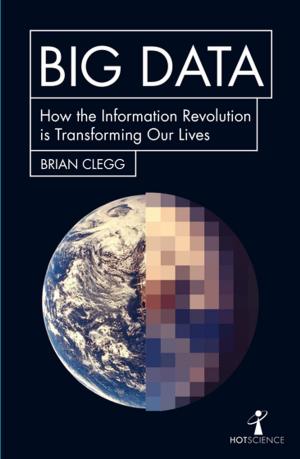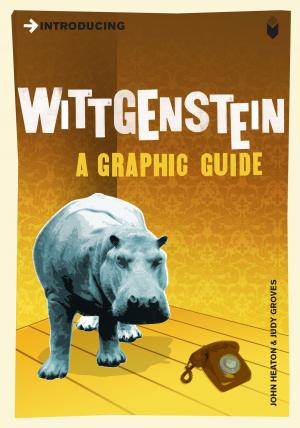Introducing Economics
A Graphic Guide
Comics & Graphic Novels, Non-Fiction, Business & Finance, Economics| Author: | David Orrell | ISBN: | 9781848317789 |
| Publisher: | Icon Books Ltd | Publication: | June 5, 2014 |
| Imprint: | Icon Books Ltd | Language: | English |
| Author: | David Orrell |
| ISBN: | 9781848317789 |
| Publisher: | Icon Books Ltd |
| Publication: | June 5, 2014 |
| Imprint: | Icon Books Ltd |
| Language: | English |
A comic-book introduction to economics from David Orrell, the author of Economyths: 11 Ways Economics Gets it Wrong. With illustrations from Borin Van Loon. Part of the internationally-recognised Introducing Graphic Guide series.
Today, it seems, all things are measured by economists. The so-called 'dismal science' has never been more popular - or, given its failure to predict or prevent the recent financial crisis, more controversial.
But what are the findings of economics? Is it really a science? And how can it help our lives?
Introducing Economics traces the history of the subject from the ancient Greeks to the present day. Orrell and Van Loon bring to life the contributions of great economists - such as Adam Smith, Karl Marx, John Maynard Keynes and Milton Friedman - and delve into ideas from new areas such as ecological and complexity economics that are revolutionizing the field.
A comic-book introduction to economics from David Orrell, the author of Economyths: 11 Ways Economics Gets it Wrong. With illustrations from Borin Van Loon. Part of the internationally-recognised Introducing Graphic Guide series.
Today, it seems, all things are measured by economists. The so-called 'dismal science' has never been more popular - or, given its failure to predict or prevent the recent financial crisis, more controversial.
But what are the findings of economics? Is it really a science? And how can it help our lives?
Introducing Economics traces the history of the subject from the ancient Greeks to the present day. Orrell and Van Loon bring to life the contributions of great economists - such as Adam Smith, Karl Marx, John Maynard Keynes and Milton Friedman - and delve into ideas from new areas such as ecological and complexity economics that are revolutionizing the field.















